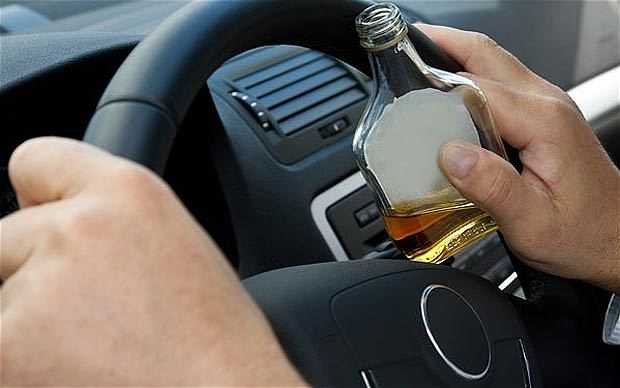A new paper in the Journal of Applied Remote Sensing describes one device laser which can detect the traces of alcohol vapors in moving cars. The researchers even report that there are high chances that it will prove to be a valuable tool for detecting drunk drivers.
The device is the brainchild of researchers at the Military University of Technology Technology) of Warsaw in Poland.
As detailed in Press release of the Journal of Applied Remote Sensing, detection is possible remotely through chemical and biological compounds that occur with the aid of the laser.
The scientists from the Military Technology University they claim to have already tried it laser their device in conditions similar to those existing on a street, and appear to have very promising results.
So they report using the device to successfully detect alcohol vapor concentrations even at the low level of 0,1%.
The vapors of alcohol in the moving car that he managed laser the device to detect had a temperature similar to that of the alcohol vapors exhaled by a driver. Therefore, they argue that their device could help locate people who drive under the influence of alcohol.
In addition, as the researchers report, "In the future, a similar technology to be developed for the detection of various other chemicals will be able to detect drivers under the influence of other toxic substances."
The only downside to using this device that can identify cars containing alcohol vapors is that the police could stop cars whose drivers are totally sober but that they carry passengers in a state of drunkenness.






